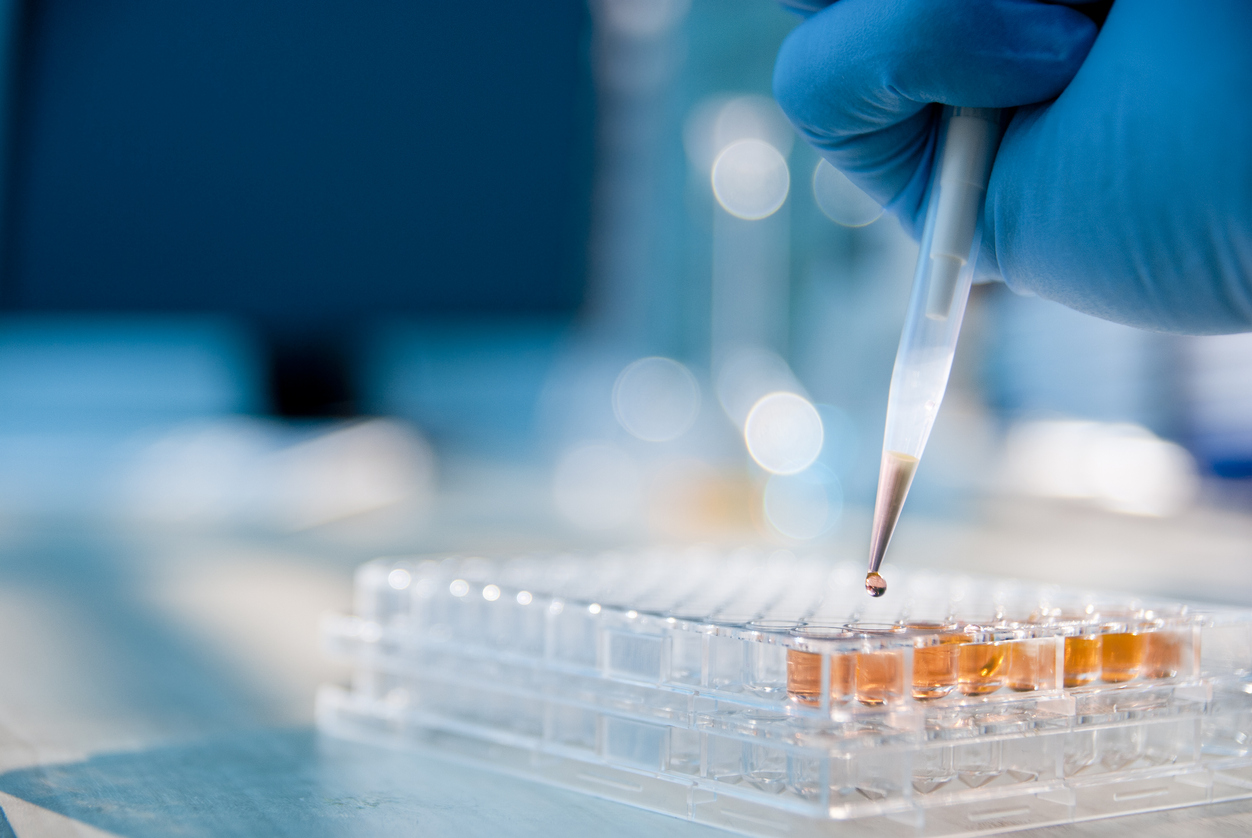The Importance Of GMP Certification In Drug Development
Production and sale of therapeutic drugs requires tight control over the manufacturing, processing, and labeling of these products to ensure the safety of the end user. In the United States, regulations for maintaining the quality of medications such as these are under the jurisdiction of the Food and Drug Administration (FDA). They are referred to as Good Manufacturing Practice (GMP) or Current Good Manufacturing Practice (CGMP) regulations. GMP regulations mandate that manufacturers demonstrate the safety, purity, and efficacy of drug products during clinical testing and after drug approval. These regulations include having suitable quality management systems in place, ensuring the integrity of materials used, establishing appropriate operational processes, and using compliant laboratory facilities to support product characterization and testing. These are considered minimum requirements but are broad reaching, spanning from the proper maintenance and calibration of equipment to the acceptable performance of an analytical test for measuring drug purity. Ultimately, the GMP regulations are designed to address the full manufacturing process, maintain quality drug products, and protect consumers.
The FDA does not provide certifications however for manufacturers and testing facilities in the European Union (EU) and other countries, certifications may be provided or even required in order to conduct business. This certification is given when manufacturers and/or testing facilities demonstrate that they comply with proper regulatory and operational standards to ensure relevant GMP requirements are met. GMP practices include establishing strong quality management systems, robust operating procedures, identification of deviations in product or service quality, and the maintenance of compliant testing facilities. To obtain this certification, companies must undergo extensive evaluations or audits and inspections to establish that standard operating procedures (SOPs), facilities, quality systems, and operational staff meet or exceed requirements. After the applicable agency issues the GMP certification, the company must undergo repeated inspections and demonstrate continued compliance to maintain the certification. GMP certification is credible proof that a facility provides the highest quality support for pharmaceutical partners in the drug manufacturing and testing process. This is as important at the early stages of drug development support as it is at the later stages of production for marketed drug products.
In July of this year, BioAgilytix proudly announced that our Hamburg, Germany facility received GMP certification. This expands our GMP service offerings by adding to our GMP site in Durham, North Carolina, which has been operational since 2010. With GMP compliant laboratory locations now available in both the US and the EU, BioAgilytix is well positioned to partner with clients around the globe to offer a full suite of bioanalytical lifecycle services in support of the release, production, and manufacturing of therapeutic drugs. Our demonstration of GMP compliance helps provide assurance that by partnering with BioAgilytix, you gain a teammate who holds themselves to the highest standards, maintaining the quality and dependability of our bioanalytical program to support your GMP assay needs.
References:
- https://jamanetwork.com/journals/jama/article-abstract/2762311
- https://www.fda.gov/drugs/pharmaceutical-quality-resources/facts-about-current-good-manufacturing-practices-cgmps
- https://cdn.who.int/media/docs/default-source/biologicals/gmp/gmp-workshop-seoul-sep2018-report-ver-web-1.pdf?sfvrsn=b9093894_2&download=true
- https://www.who.int/activities/standardizing-biotherapeutic-products
- https://health.ec.europa.eu/system/files/2022-08/guidance_regulatory_covid19_en.pdf
